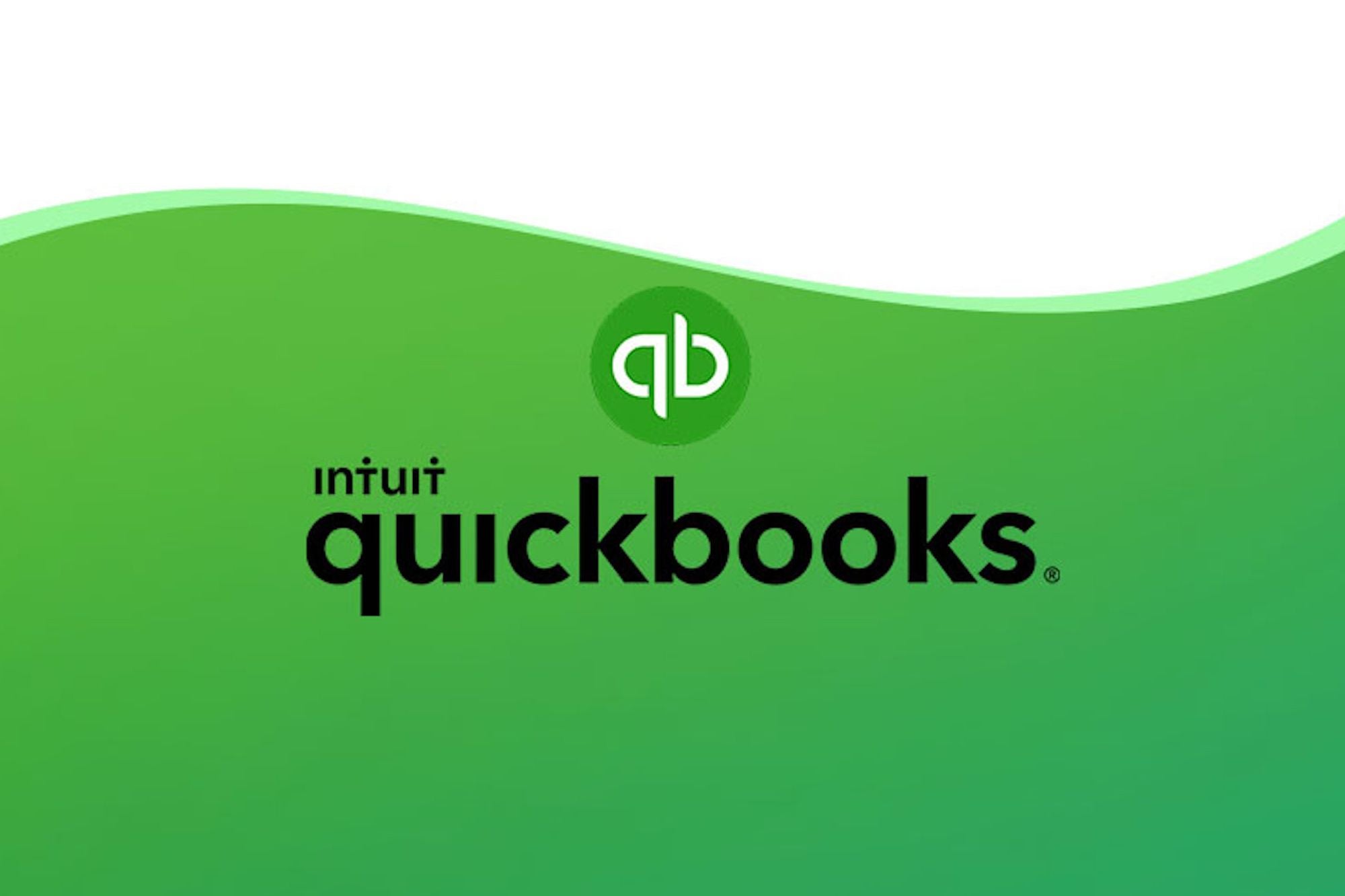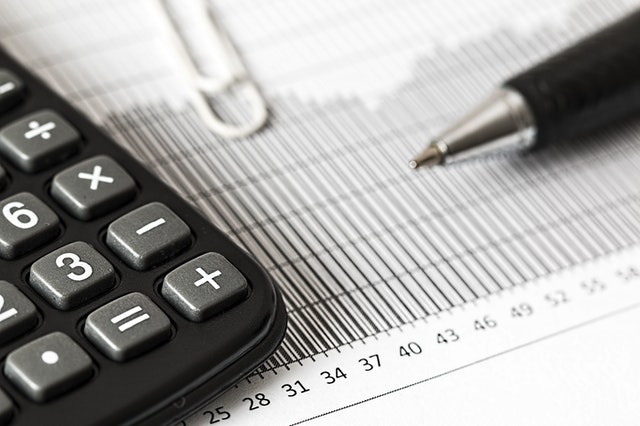
Landlords like to collect rent on time and in full. That’s the revenue side of the landlording business. The expense side can vary widely because of unforseeable surprises. Landlords can organize rental property maintenance expenses into two buckets – known and unknown. Understanding these expenses and preparing for them as best as possible are beneficial for landlording success.
Known Expenses
Known rental property maintenance expenses as those that landlords expect every year. Examples of these types of expenses include mortgage payments, insurance premiums, and property taxes. For the most part, these types of expenses remain the same year over year, and they are rarely a surprise to pay when due. Known expenses are the easier to budget.
Unknown Expenses
Unknown rental property maintenance expenses are more difficult to budget because they are . . . well . . . unknown. Many of these expenses are related to some form of repair. For example, the air conditioning unit could suddenly stop working in the middle of a heat wave, and you need to figure out how to remedy the situation as quickly as possible. Or, a pipe bursts and you need to quickly repair it to prevent damage to the tenant’s property or the rental property. To make life easier, it is wise to do your best to plan for the unexpected. Planning can include setting aside a budget for emergencies or a short list of professionals to help in a time of need.
As landlords incur rental property maintenance expenses, they can track them in landlord software. By tracking expenses, landlords can run reports that may help make budgeting easier for future years. RentalIncomeExpense.com follows the Form 1040 Schedule E expense categories.


